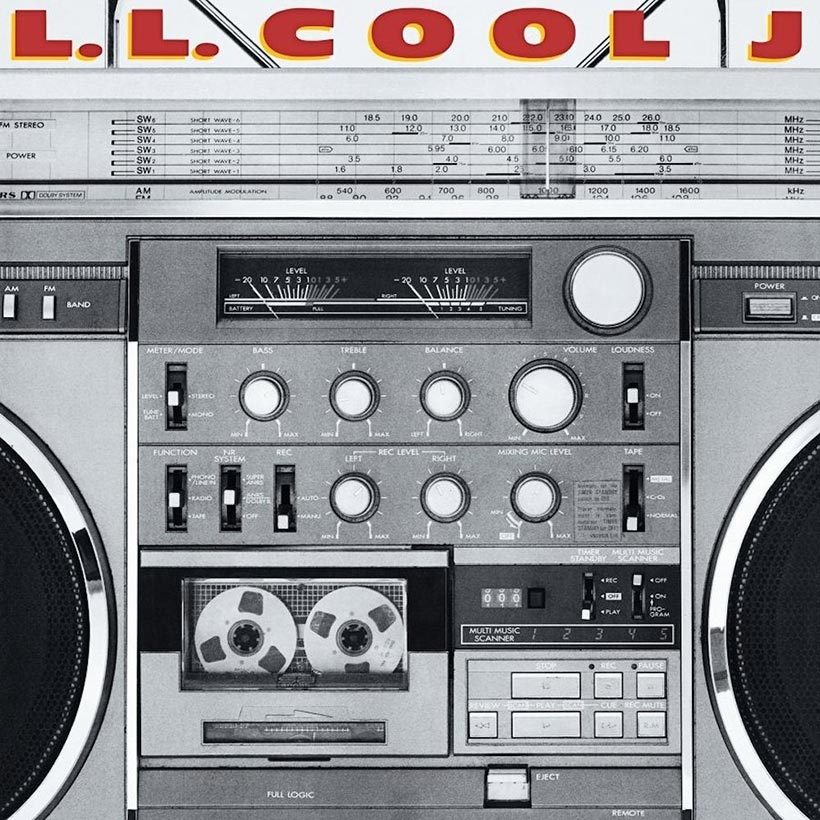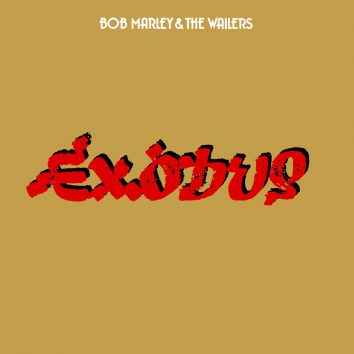‘Radio’: LL Cool J Turns Up the Volume and Becomes a Star
LL Cool J’s debut album, ‘Radio,’ turned the MC into a hip-hop superstar and put the emerging Def Jam record label on the map.

It’s safe to say that Def Jam is the house that LL Cool J built. The label may have been conceived by producer Rick Rubin and aided in its launch by the industry connections of manager Russell Simmons, but LL’s debut album, Radio, put the iconic hip-hop label on the map and turned the MC into one of hip-hop’s first true stars.
Listen to LL Cool J’s Radio now.
Unmatched energy and aggressive lyricism
Young, confident, and ambitious, the man born James Todd Smith mailed a demo tape of his music to Def Jam. By chance, it landed in the hands of Rubin, who was matriculating at New York University at the time. LL Cool J (an acronym for Ladies Love Cool James) signed with the label and dropped his first official record, the 12” single “I Need a Beat,” in 1984.
The single eventually sold 100,000 copies, creating a major buzz in the hip-hop world and helped Def Jam secure a distribution deal with Columbia Records. Successful as it was, however, “I Need A Beat” was just a foreshadowing of the B-boy style, unmatched energy, and aggressive lyricism that would come on LL’s full-length debut, Radio.
Pushing the culture forward
Released on November 18, 1985, as Def Jam’s first album, Radio signaled the advent of a new style of rapping and the emergence of an artist who was pushing the culture forward. It crowned the LL as one of the leaders of the new school of up-and-coming MCs and ushered in hip-hop’s first Golden Age.
Rick Rubin produced the majority of Radio, with the exception of the “I Need A Beat” remix by DJ Jazzy Jay. Rubin’s minimalist, drum machine-influenced sound, taking in elements from rock music, perfectly complemented LL’s in-your-face rapping (acknowledging the producer’s skeletal style, the credit “reduced by Rick Rubin” was listed Radio’s back cover). Rubin popularized the rap-rock hybrid that was incredibly popular during hip-hop’s early days and would later be perfected by Beastie Boys.
While Rubin’s production is noteworthy, the real star of the show is LL, who attacks each track with reckless abandon. Radio is a cohesive, cutting-edge body of work on which the 17-year-old newcomer shines as the hottest MC on the scene.
A new standard of rapping
Unlike many hip-hop albums of the era, there’s no filler on Radio. Each track is well-crafted and tailor-made to let LL’s charisma shine. He set a new standard for rapping with his witty punchlines, clever disses, storytelling, and his flagrant boasting: “Dear Yvette” addressed teenage promiscuity, while the hilarious, breakdance special “You Can’t Dance” are deep album cuts that helped round the album out. The Queens MC also revealed an early incarnation of the hip-hop ballad, a style he would perfect with 1987’s “I Need Love,” but which he pointed to on Radio’s “I Can Give You More”
LL’s songwriting was mature beyond his years and a string of singles from Radio received significant airplay. The boombox anthem “I Can’t Live Without My Radio” was a hard-hitting song on which LL displayed the raw power of rhyming, tapping into the boombox culture where everybody wanted to blast their music from the largest radio. The song was so captivating it earned him a spot on the cult classic hip-hop film Krush Groove.
But Radio’s centerpiece is “Rock The Bells.” Flowing over a legendary production by Rubin, LL made a classic record that still packs dancefloors today. Proving the enduring impact of the song, fellow Def Jam labelmate Foxy Brown remade it 11 years later, on her debut album, Ill Na Na.
A seismic shift
Radio was a critical and commercial smash, selling over 500,000 copies within the first five months of its release – a monumental achievement for a hip-hop album during this time. By 1989, it reached platinum status, moving over one million copies and turning LL into a household name.
Radio, and the emergence of LL Cool J, brought a seismic shift in hip-hop. The album’s success blazed a new trail for an edgier street sound, moving away from previous generations of artists who wore outlandish outfits and rapped over tracks with disco beats. One of the seminal works in both hip-hop history and LL’s discography, Radio took the MC to the world’s stage, and he hasn’t left yet.















KING ROD
November 20, 2019 at 9:43 pm
ll cool j is the greatest rapper period. ll has many styles that can not be matched only copied. jay z cant compare to ll cool j. all ll peers respect him or envy him,because of his confidence and sexappeal towards the ladies. the goat is ll cool j. other mcs are just bittin off his original title. GOAT.